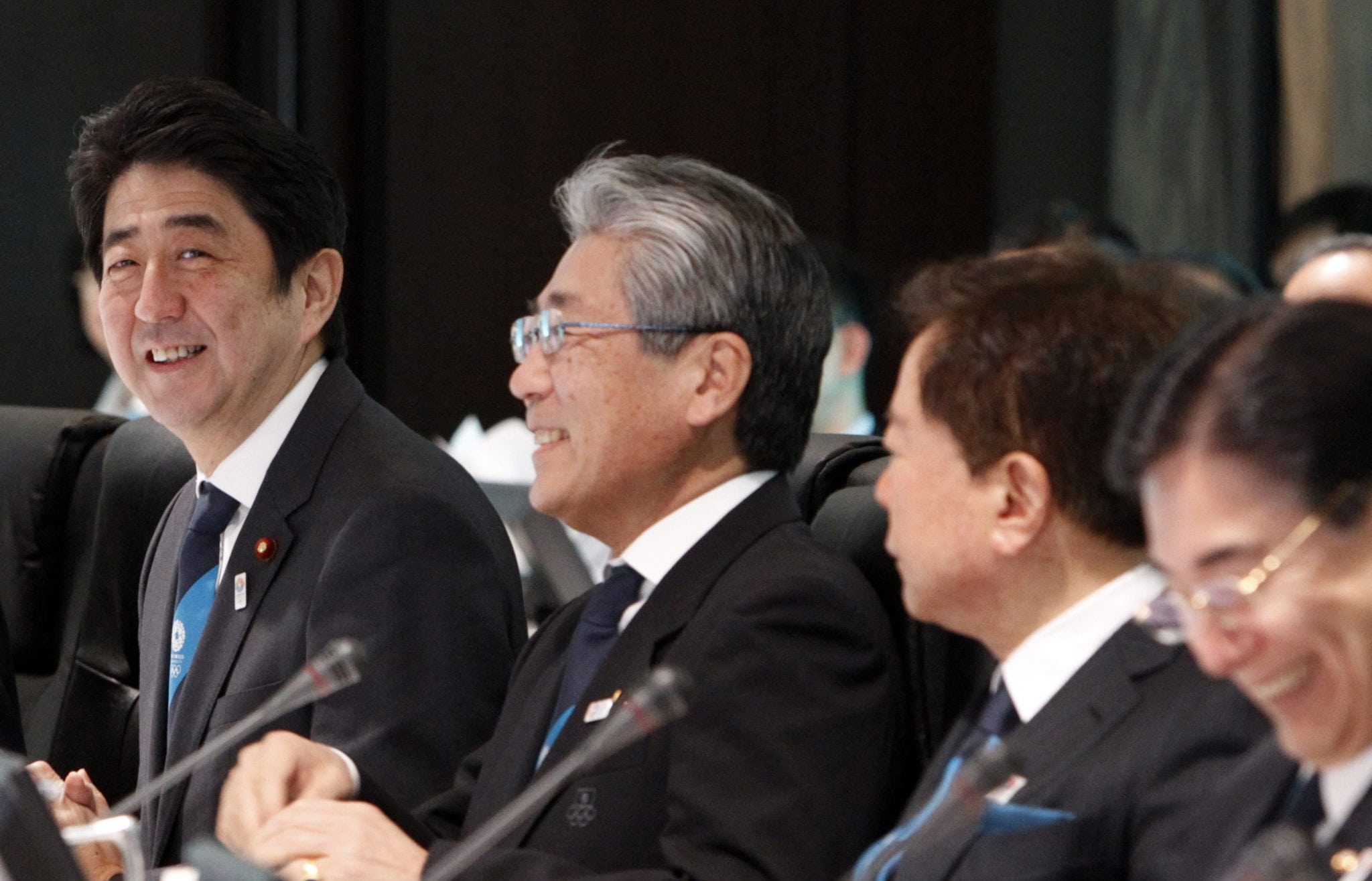Skift Take
The bid seems perfect, but unfortunately for Japan the IOC doesn't operate based upon logic and common sense. Just ask the cities that lost to Sochi.
Tokyo would be an inspirational choice to host the 2020 Olympic Games, Prime Minister Shinzo Abe told Olympic officials on Monday, with Japan keen to showcase its recovery from a devastating 2011 earthquake and tsunami.
Abe made sure that an inspection tour by an International Olympic Committee (IOC) team got off to a heavyweight start.
At stake are an estimated three trillion yen ($32 billion) in potential economic impact and the chance, Japanese officials say, to showcase Japan’s recovery from the 2011 disaster in the way the 1964 Tokyo Summer Games highlighted the nation’s return after its World War Two defeat.
“Tokyo 2020 will inspire many others, just as Tokyo did before in 1964,” Abe, who has been appointed as the bid’s supreme adviser, told the committee. The 1964 Games were the first Olympics to be held in Asia.
“I ask you to bring the torch right here to Tokyo.”
Tokyo, which lost the bidding for 2016 to Rio de Janeiro, faces Istanbul and Madrid this time around.
The evaluation team, headed by IOC Vice President Craig Reedie, arrived in Japan on Friday to the cheers of flag-waving children. Their tour began formally on Monday with an explanation of the city’s bid and a visit to several sites, including the waterfront area set to become the Olympic Village.
In Tokyo’s favor are the fact that many of its venues are already built. Tokyo planners also emphasize the compactness of its offer, with 85 percent of the venues located within an 8 km (5 mile) radius of the Olympic Village.
The jewel in Tokyo’s campaign is a space-age makeover of the National Stadium, the main venue for the 1964 Games. The 80,000-capacity venue, which resembles a flying saucer.
The Tokyo government estimates that the Games would increase demand by 1.22 trillion yen in tourism, sales of Olympic goods and household spending. With private sector investments included, the total impact is likely to hit 3 trillion yen nationwide and include the creation of 150,000 jobs.
In an attempt to ensure the economic spillover would also extend to areas struggling directly with the impact of the 2011 disaster, some soccer playoffs may be held in Miyagi prefecture, one of the regions hit hardest by the tsunami.
Tokyo bid officials have acknowledged concerns about the potential for another earthquake but emphasize Japan’s strict building codes, noting that there was minimal damage in Tokyo from the 9.0 magnitude 2011 quake.
Tokyo lost its bid for the 2016 Games in part because of low public support, but that seems unlikely this time around.
According to a poll by the Yomiuri Shimbun daily released at the weekend, 83 percent of respondents said they supported the bid, up from 72 percent in January 2012. Those against the bid fell to 12 percent from 22 percent.
The decision will be made in September in Buenos Aires.
Editing by Paul Tait. Copyright (2013) Thomson Reuters. Click for restrictions. ![]()
The Daily Newsletter
Our daily coverage of the global travel industry. Written by editors and analysts from across Skift’s brands.
Have a confidential tip for Skift? Get in touch
Photo credit: Japan's PM Abe, JOC President Tsunekazu Takeda and Tokyo Governor Inose attend welcoming event ahead of presentation of Tokyo 2020 bid to host Summer Olympics to IOC Evaluation Commission in Tokyo. Reuters
